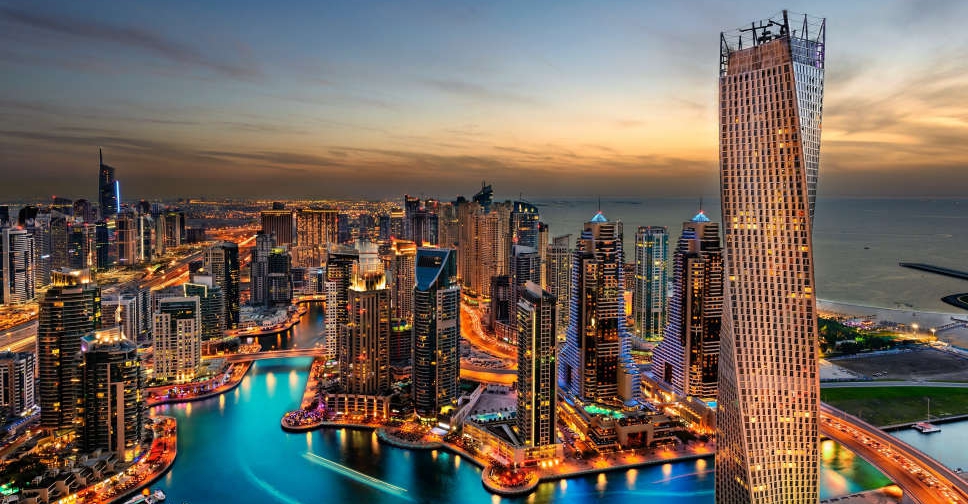
Dubai's real estate market witnessed record-breaking growth in 2022, but the rise in interest rates may slow down the momentum in 2023.
As the UAE’s inflation rate is expected to hover around the 4 per cent-mark, here’s all you need to know about the impact it may have on Dubai’s real estate market.
1. ODF base rate increase:
The Central Bank of the UAE raised its base rate for the Overnight Deposit Facility (ODF) in February 2023 by a quarter of a percentage point to 4.65 per cent.
This came after the eighth increase in policy rates by the US Federal Reserve as it works towards bringing inflation down to its target of 2 per cent.
The increase in ODF rate is expected to impact the purchasing power of consumers and, as a result, potentially reduce demand and impact property prices. However, experts believe the UAE market will not see a big negative impact as most real estate transactions are done with cash.
2. Healthy growth in Dubai’s real estate market
2022 was a remarkable year for Dubai's real estate sector, which saw significant growth due to several factors, including low mortgage rates, ample supply of high-quality living and working spaces, and investor preference for ready properties over under-construction units since COVID-19.
During this time, the real estate market saw just over 11 per cent price growth, falling from the previous year’s 16 per cent, which was mostly due to reduced prices because of the pandemic. As per reports, this year could see a price rise of 5 per cent due to strong demand. Driven by an increase in rental rates across the city, demand for ready-to-move apartments is rising, and according to Dubai Land Department data, 70 per cent of all real estate transactions in 2022 were in finished apartments.
3. Positive investor sentiment
In the first quarter of 2022, Dubai witnessed a flurry of financial activity estimated to be worth $292 billion, with investors diversifying their portfolios to minimise any further setbacks due to the war in Ukraine and the disruption in supply chains.
The average sales price also increased by 11 per cent in the first quarter of 2022, in comparison with the same period last year, mainly due to premium villa sales. Dubai's real estate sector is also witnessing renewed zest in investment, with the city set to build close to 10,000 new villas and townhouses over the next two years. As per the latest reports, the value of real estate transactions in the Gulf region's trade and tourism hub are touching new highs, with more investors and buyers looking to put their money into the city.
4. Reforms will drive Dubai’s growth
Despite the potential slowdown in growth due to rising interest rates, experts remain optimistic about the market's future. The perks Dubai offers to entrepreneurs, investors and end-users will continue to attract potential buyers who will drive the market's growth in the coming times.
Dubai's latest reforms in visas and the Golden visa programme, combined with efficient governance that ensured the impact of COVID-19 was limited, have positioned the emirate as a global hub for the 21st-century investor.
While the rise in interest rates may impact the purchasing power of consumers and reduce demand, the Dubai real estate market is expected to continue its growth due to its attractive investment opportunities and government reforms.
Investors are urged to keep an eye on the market's trends and consult with experts before making any investment decisions.




 Nasdaq set to confirm bear market as Trump tariffs trigger recession fears
Nasdaq set to confirm bear market as Trump tariffs trigger recession fears
 Dana Gas and Crescent Petroleum exceed 500M boe in Khor Mor field
Dana Gas and Crescent Petroleum exceed 500M boe in Khor Mor field
 China to impose tariffs of 34% on all US goods
China to impose tariffs of 34% on all US goods
 Shares bruised, dollar crumbles as Trump tariffs stir recession fears
Shares bruised, dollar crumbles as Trump tariffs stir recession fears
 Wall Street futures sink as tariffs fuel recession fears
Wall Street futures sink as tariffs fuel recession fears



